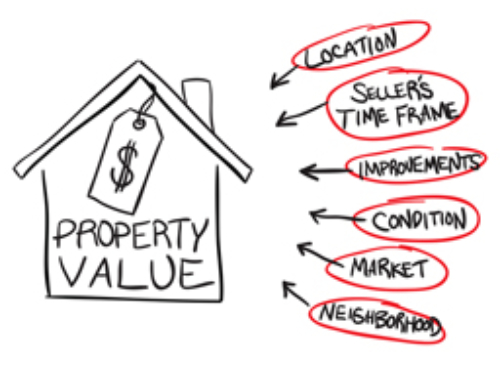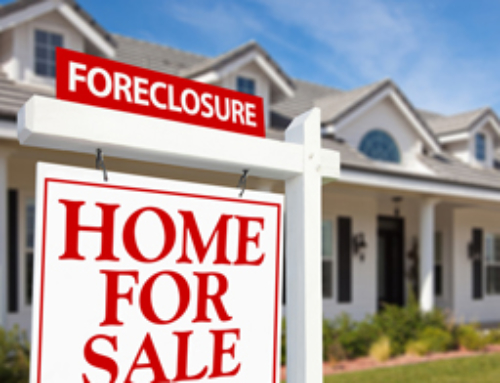 With or without the Tea Party, people have disliked and continue to dislike paying real estate taxes on their homes.
With or without the Tea Party, people have disliked and continue to dislike paying real estate taxes on their homes.
The good news is that you can always try to get your property taxes reduced.
There’s just one major problem you’ll have in fighting to have your property taxes lowered. Municipalities use a convoluted method to determine home values, and they often require that you take part in a cumbersome process to contest the value given to homes.
The process can be complicated to navigate
In some states, the municipality will use the purchase price for a home to determine its value for real estate tax purposes. But in other cases, that purchase price is only part of a complex formula that is almost impossible to decipher. Some municipalities will determine the purchase price using the size of the land, the type of construction of the home, the size of the home, the recent sales prices for homes in the neighborhood, or the condition of the home.
Additionally, some municipalities make it easier to contest your taxes than others. Generally, you can contest the value given to your home yearly, but you can only do so during a specified time period. If you miss the deadlines, you might have to wait a whole year before trying again, so you’ll have to make sure you know when and how to contest your taxes.
There are two basic ways to get real estate taxes reduced for a home:
- Campaign to have the municipality spend less money.
- Contest the valuation for your home.
If municipalities tax less, then homeowners as a whole will pay less. But if you contest the valuation for your home, you may be able to get your individual real estate tax bill reduced even as others see their bills increasing.
Generally, you might be able to get the valuation of your property reduced for one or more of the following reasons:
- Your home is in worse condition than other comparable homes.
- Your home is valued higher than other comparable homes in your neighborhood.
- The taxing authority made an error that gives your home a value that is higher than it should have.
- Your home’s value has gone down recently.
- The purchase price for your home, if you purchased recently, is lower than the value given to your home by the taxing authority.
- The construction of your home and its finishes are of a lower standard than other comparable homes in the area.
While this list shows some of the reasons you may use, each jurisdiction has its own particular reasons that work better than others. You can often can talk to your local assessor’s office and have it work with you in obtaining assistance on the best way to contest the valuation of your home. Some taxing authorities have documents online to assist you in the process of contesting your taxes; others will guide you through the process either online or by working with them at their offices.
Documentation is important when making your case
You may need to take photographs of your home and of comparable homes to support your case. You may also need to gather copies of documents from the purchase or refinance of your home, including appraisals you might have received. Once you have all the information, you can complete the required tax appeal forms and see if the municipality agrees with your view.
If at first you don’t succeed
One of the important things you should know about the real estate tax appeal process is that if you don’t get any relief during your first attempt to contest your property’s assessment, you usually will be given a second and maybe even a third chance.
If you need help in the process, you can hire a professional to work with you. There are individuals and companies that specialize in contesting taxes for homeowners. Some of them will charge you a percentage of whatever savings you obtain in the process. Given that you won’t incur any expenses unless you win your tax appeal, these services may be the best option for you.
Samuel Tamkin is a Chicago-based real estate attorney with more than 20 years of experience working with residential and commercial clients. Sam received his law degree from the University of Illinois College of Law in Champaign-Urbana and currently practices as a real estate lawyer in Chicago.






